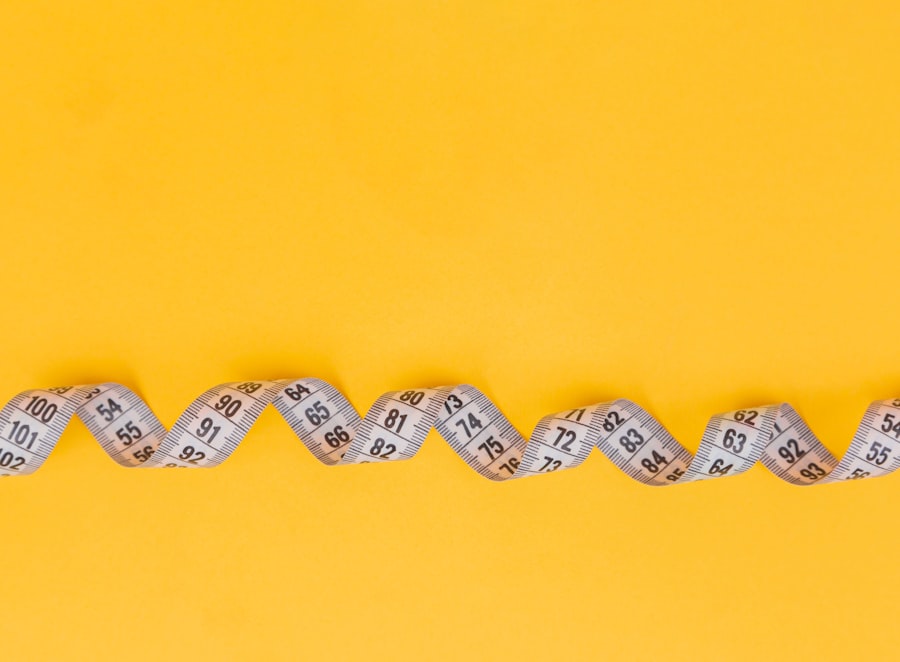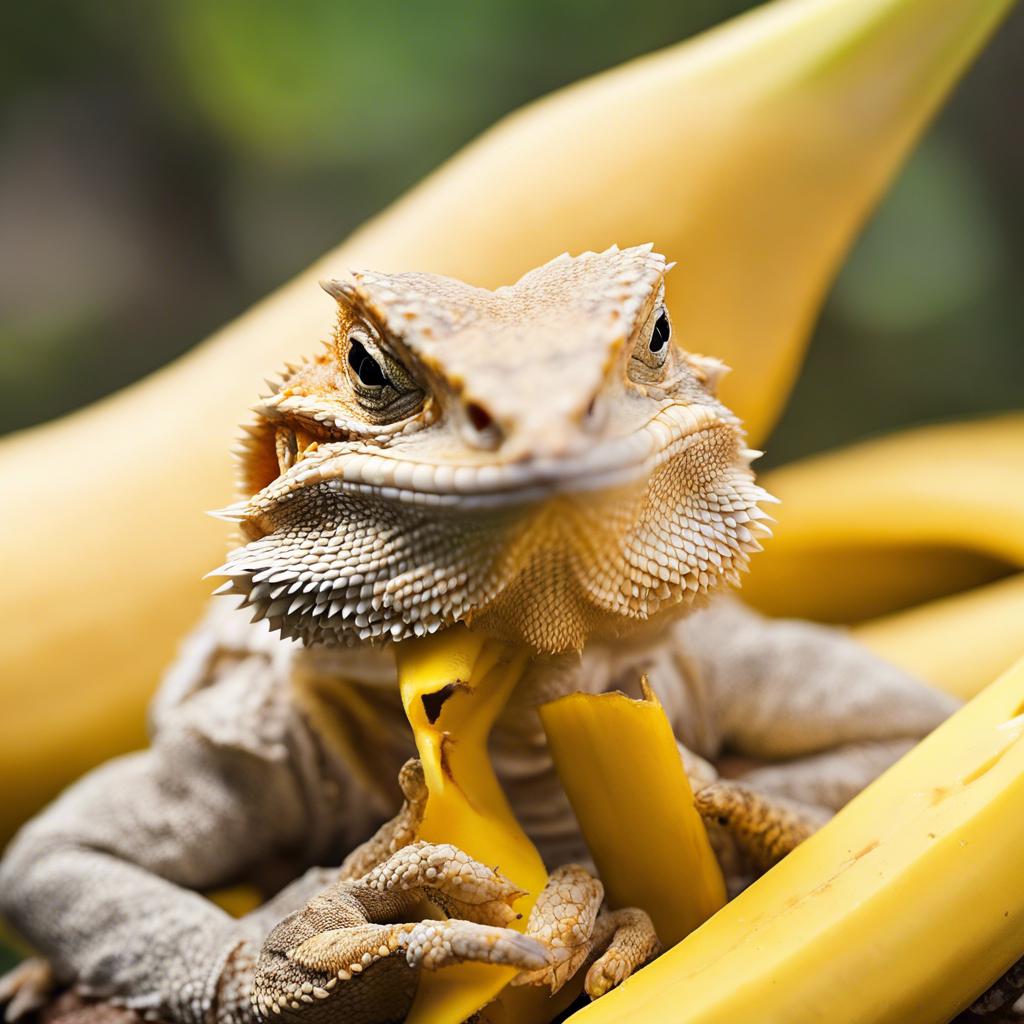Bearded dragons are popular reptile pets known for their unique appearance and docile nature. These reptiles are native to Australia and have become increasingly popular as pets due to their friendly demeanor and relatively low maintenance requirements. Bearded dragons are omnivorous, meaning they eat both plant matter and insects. However, their diet is crucial to their overall health and well-being.
One of the most important aspects of caring for a bearded dragon is providing them with a proper diet. A balanced diet is essential for their growth, development, and overall health. Without the right nutrients, bearded dragons can suffer from various health issues, including metabolic bone disease and vitamin deficiencies. Therefore, it is crucial for owners to understand the dietary needs of these reptiles and provide them with a varied and nutritious diet.
Key Takeaways
- Bearded dragons are popular pets that require a balanced diet to maintain optimal health.
- While bearded dragons can eat banana peels, they should only be given as an occasional treat.
- Banana peels are a good source of fiber and potassium for bearded dragons, but they should not be the main component of their diet.
- To prepare banana peels for bearded dragons, they should be washed thoroughly and cut into small pieces.
- Feeding too much banana peel to bearded dragons can lead to digestive problems, so it's important to monitor their intake and watch for signs of illness.
Understanding Bearded Dragon Diet
Bearded dragons have a diverse diet that consists of both plant matter and insects. In the wild, they consume a variety of foods, including leafy greens, fruits, flowers, and small insects such as crickets and mealworms. As pets, it is important to replicate this varied diet to ensure they receive all the necessary nutrients.
The nutritional requirements of bearded dragons include protein, calcium, vitamins, and minerals. Protein is essential for growth and muscle development, while calcium is crucial for bone health. Vitamins and minerals play a vital role in various bodily functions and overall well-being.
To meet these nutritional requirements, owners should provide a balanced diet that includes a variety of vegetables, fruits, and insects. Leafy greens such as kale, collard greens, and dandelion greens are excellent sources of vitamins and minerals. Fruits like berries and melons can be offered as occasional treats. Insects such as crickets, mealworms, and dubia roaches provide the necessary protein.
Can Bearded Dragons Eat Banana Peels?
One common question among bearded dragon owners is whether or not they can feed banana peels to their pets. While bearded dragons can eat bananas, the question of whether or not they can eat the peels is a bit more complicated.
Feeding banana peels to bearded dragons is a controversial topic among reptile enthusiasts. Some argue that banana peels are safe and can provide additional nutrients, while others believe they should be avoided due to potential risks.
Nutritional Value of Banana Peels for Bearded Dragons
Banana peels contain several nutrients that can benefit bearded dragons. They are a good source of fiber, which aids in digestion and helps prevent constipation. Banana peels also contain potassium, vitamin C, and vitamin B6, which are essential for overall health.
Fiber is particularly important for bearded dragons as it helps regulate their digestive system. It promotes healthy bowel movements and prevents the buildup of waste in their intestines. Additionally, potassium is crucial for muscle function and maintaining proper hydration levels.
While banana peels do offer some nutritional benefits, it is important to note that they should not be the sole source of nutrition for bearded dragons. They should be offered as an occasional treat in addition to a balanced diet consisting of other fruits, vegetables, and insects.
Preparing Banana Peels for Bearded Dragons
If you decide to feed banana peels to your bearded dragon, it is important to prepare them properly. First, make sure to select ripe bananas with yellow peels that have no signs of green or brown spots. Green bananas are not fully ripe and may be harder for your pet to digest.
To prepare the banana peel, wash it thoroughly to remove any dirt or pesticides. Remove the peel from the banana and cut it into small, bite-sized pieces. Be sure to remove any stringy parts or tough sections that may be difficult for your bearded dragon to chew and digest.
How Much Banana Peel Should Bearded Dragons Eat?

While banana peels can be offered as a treat, it is important to feed them in moderation. Too much banana peel can lead to digestive issues and an imbalance in their diet. As a general guideline, banana peels should make up no more than 10% of your bearded dragon's overall diet.
It is also important to consider the size and age of your bearded dragon when determining the appropriate amount of banana peel to feed. Younger dragons may require smaller portions, while larger adults can handle slightly larger amounts. Always monitor your pet's behavior and digestion when introducing new foods to their diet.
Risks and Health Issues Associated with Feeding Banana Peels to Bearded Dragons
While banana peels can provide some nutritional benefits, there are potential risks associated with feeding them to bearded dragons. One of the main concerns is the high phosphorus content in banana peels. Bearded dragons require a calcium-to-phosphorus ratio of 2:1 for proper bone health. Feeding too many foods high in phosphorus, such as banana peels, can disrupt this balance and lead to metabolic bone disease.
Another risk is the potential for pesticide residue on the banana peel. It is important to thoroughly wash the peel before feeding it to your bearded dragon to remove any harmful chemicals. Organic bananas may be a safer option if you are concerned about pesticide exposure.
Signs of Digestive Problems in Bearded Dragons
Bearded dragons are prone to digestive issues, and feeding them inappropriate foods can exacerbate these problems. It is important for owners to be aware of the signs of digestive problems so they can take appropriate action if necessary.
Some common symptoms of digestive issues in bearded dragons include loss of appetite, diarrhea, constipation, bloating, and lethargy. If you notice any of these symptoms in your pet, it is important to consult a veterinarian who specializes in reptile care. They can provide a proper diagnosis and recommend appropriate treatment options.
Bearded Dragon Care Tips to Ensure Optimal Health
To ensure the optimal health of your bearded dragon, it is important to provide them with proper care and a suitable environment. Here are some tips to help you maintain a healthy diet and environment for your pet:
1. Provide a balanced diet: Offer a variety of vegetables, fruits, and insects to meet their nutritional needs. Avoid feeding them foods high in phosphorus or low in calcium.
2. Offer fresh water: Bearded dragons require access to clean, fresh water at all times. Use a shallow dish that they can easily drink from.
3. Maintain proper temperatures: Bearded dragons are ectothermic, meaning they rely on external heat sources to regulate their body temperature. Provide a basking spot with a temperature of around 95-105°F (35-40°C) and a cooler area with a temperature of around 75-85°F (24-29°C).
4. Provide UVB lighting: Bearded dragons require UVB lighting to properly metabolize calcium and prevent vitamin D deficiency. Use a UVB bulb specifically designed for reptiles and follow the manufacturer's instructions for proper placement and duration of use.
5. Clean the enclosure regularly: Regularly clean the enclosure to remove waste and prevent the buildup of bacteria. Replace substrate, clean food and water dishes, and disinfect any decorations or accessories.
Should You Feed Banana Peels to Your Bearded Dragon?
In conclusion, while banana peels can provide some nutritional benefits for bearded dragons, they should be fed in moderation and as part of a balanced diet. The high phosphorus content and potential pesticide residue are concerns that should be taken into consideration.
It is always best to consult with a veterinarian who specializes in reptile care before introducing any new foods to your bearded dragon's diet. They can provide personalized advice based on your pet's specific needs and help you make informed decisions about their diet.
Remember, the health and well-being of your bearded dragon should always be the top priority. By providing a varied and nutritious diet, along with proper care and a suitable environment, you can ensure that your pet thrives and lives a long, healthy life.
If you're curious about whether bearded dragons can eat banana peels, you might also be interested in learning about the safety of other plants for these reptiles. Reptile Wizard has an informative article on whether pothos plants are safe for bearded dragons. Pothos plants are popular houseplants, but it's important to know if they pose any risks to your pet. To find out more, check out the article here. Additionally, if you want to explore more reptile-related topics, such as care tips and guidelines, you can visit Reptile Wizard's website and browse through their articles and resources.
FAQs
What are bearded dragons?
Bearded dragons are a type of lizard that are commonly kept as pets. They are native to Australia and are known for their distinctive appearance, which includes a spiky beard-like protrusion under their chin.
Can bearded dragons eat bananas?
Yes, bearded dragons can eat bananas. Bananas are a good source of vitamins and minerals for bearded dragons, but they should be fed in moderation as they are high in sugar.
Can bearded dragons eat banana peels?
While bearded dragons can technically eat banana peels, it is not recommended. Banana peels are difficult for bearded dragons to digest and can cause digestive issues.
What should bearded dragons eat?
Bearded dragons should be fed a diet that consists primarily of insects, such as crickets and mealworms, as well as leafy greens and vegetables. It is important to provide a balanced diet that meets their nutritional needs.
Can bearded dragons eat fruits?
Yes, bearded dragons can eat fruits, but they should be fed in moderation as they are high in sugar. Good fruit options for bearded dragons include strawberries, blueberries, and raspberries.
Can bearded dragons eat vegetables?
Yes, bearded dragons can eat vegetables. Good vegetable options for bearded dragons include kale, collard greens, and carrots. It is important to provide a variety of vegetables to ensure they are getting a balanced diet.

